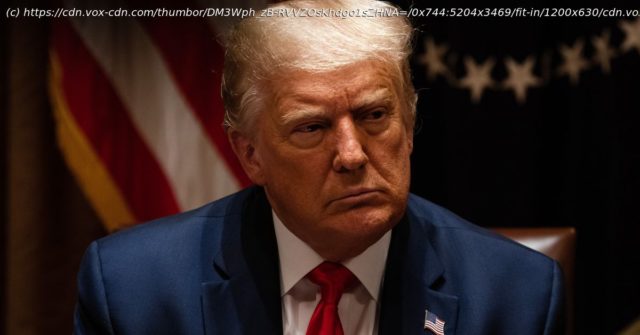A ban on the popular video streaming app would likely face legal and technical challenges.
Uncovering and explaining how our digital world is changing — and changing us. The Trump administration said it plans to ban TikTok, the wildly popular social media app best known as a place for teens to post short videos, amid mounting national security concerns about the app’s relationship with the Chinese government. On Friday evening, President Donald Trump told reporters on Air Force One, “as far as TikTok is concerned, we’re banning them from the United States,” saying he would do so using emergency economic powers or an executive order. It’s unclear exactly how Trump plans to enforce the ban — it would likely face serious legal and technical challenges. According to a report earlier on Friday from Bloomberg, Trump was considering signing an order compelling TikTok’s parent company, China-based ByteDance, to sell its US operations. Some were floating Microsoft as a potential buyer. But on Friday evening, Trump told reporters he was against such a deal — which, according to the Wall Street Journal, has stalled Microsoft’s negotiations to purchase TikTok. US Treasury Secretary Steven Mnuchin confirmed that the app was under government review for national security reasons on Wednesday, and that a recommendation would come by the end of the week. A government decision that bans TikTok, or forces its parent company to sell it, would be a game changer for the social media industry and would threaten to disrupt the app’s extraordinary rise in popularity with its some 80 million users in the US. And for established US social media giants Facebook and Google, the decision could significantly weaken their fiercest new competitor. For months, Trump and other politicians have raised concerns about TikTok as a potential national security threat, worrying that the company could censor content or access user data at the behest of the Chinese Communist Party. TikTok has denied taking orders from the Chinese government to moderate content, and said it maintains all of its American user data outside China, in either the US or Singapore. But reports last year indicated TikTok was seemingly censoring content related to the Hong Kong protests, as well as other topics that are controversial with the Chinese government, like Tiananmen Square and Tibetan independence. These reports have fueled US government suspicions, particularly as China has been expanding its surveillance state in recent years and US-China diplomatic relations have cooled. Republicans have escalated their attacks on TikTok this summer, with some bipartisan support from Democrats as well. On Thursday, Sens. Richard Blumenthal (D-CT) and Josh Hawley (R-MO) sent a letter to the Justice Department demanding that the agency open an investigation into TikTok and Zoom over reported violations of “Americans’ civil liberties” and national security concerns about relationships between these companies and the People’s Republic of China.






